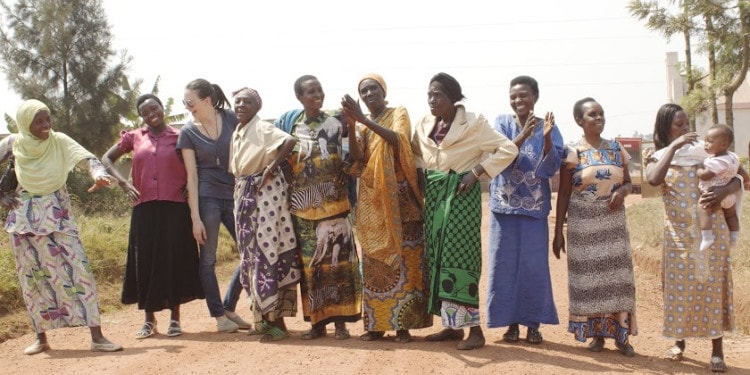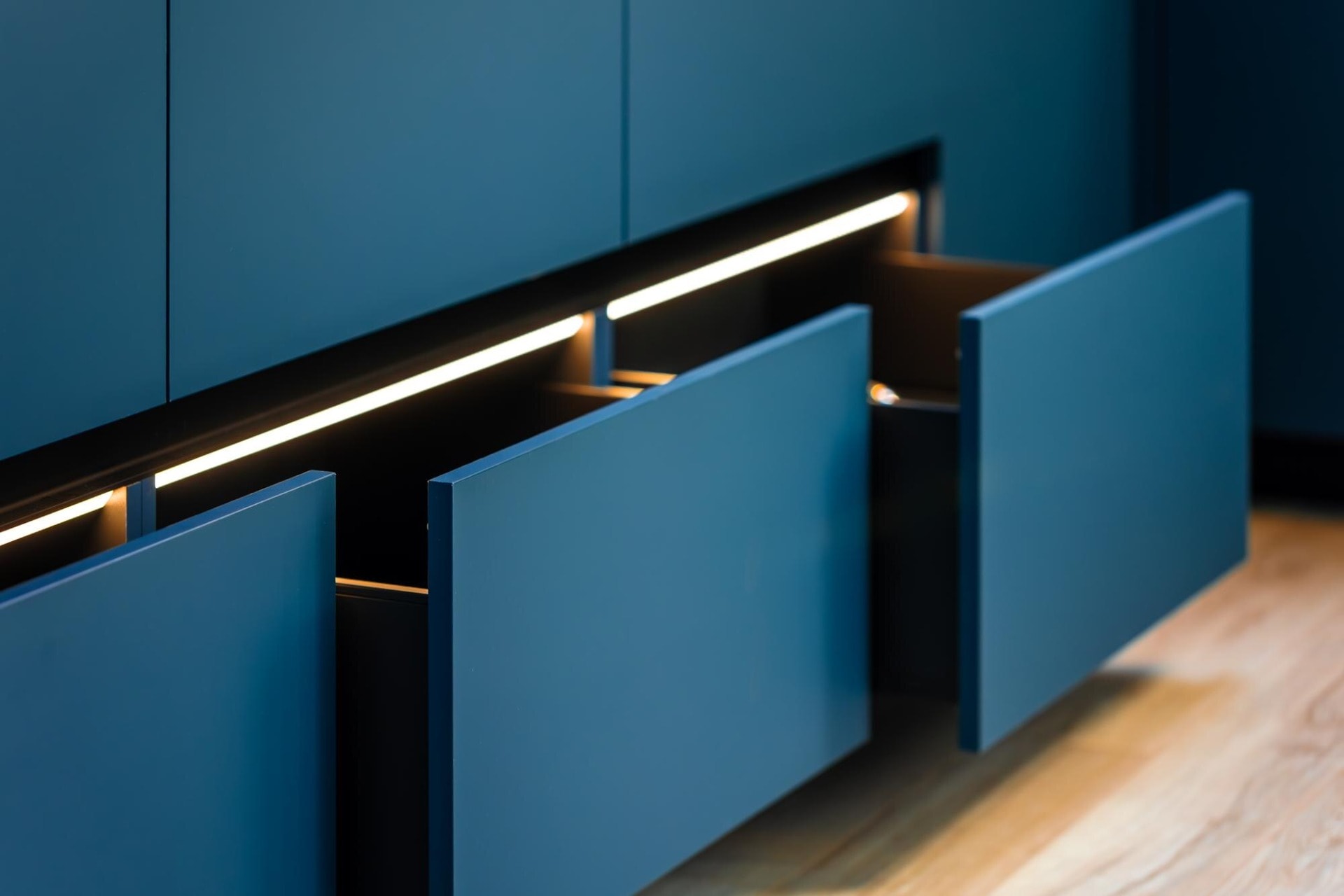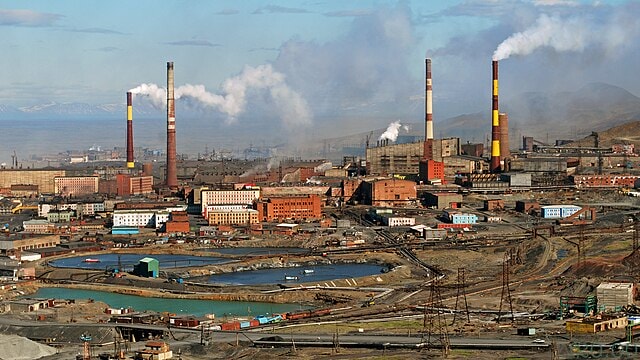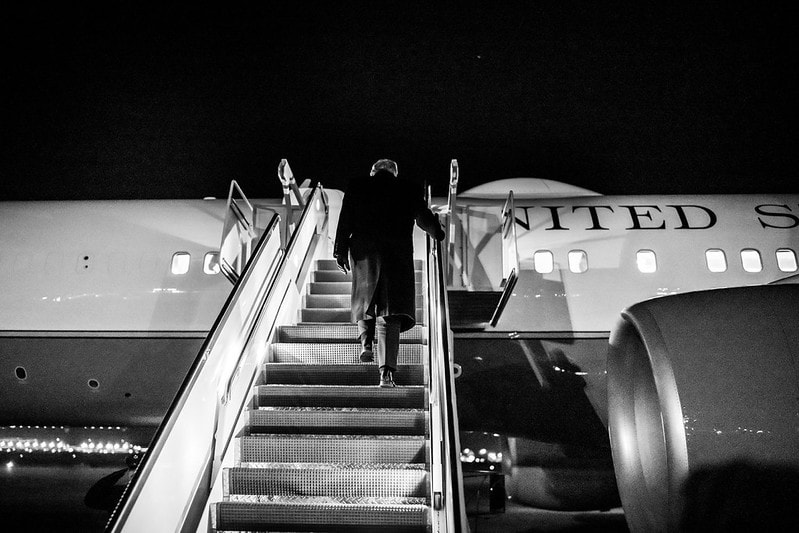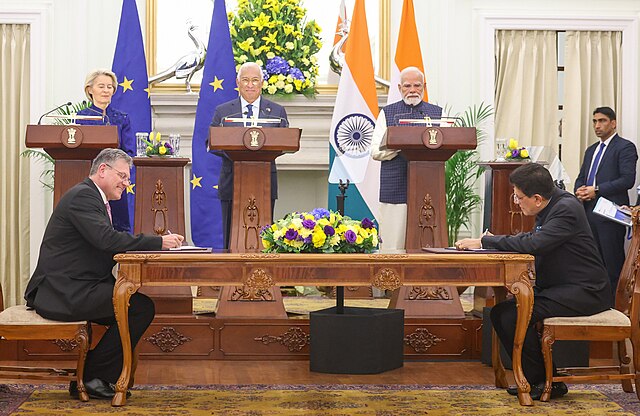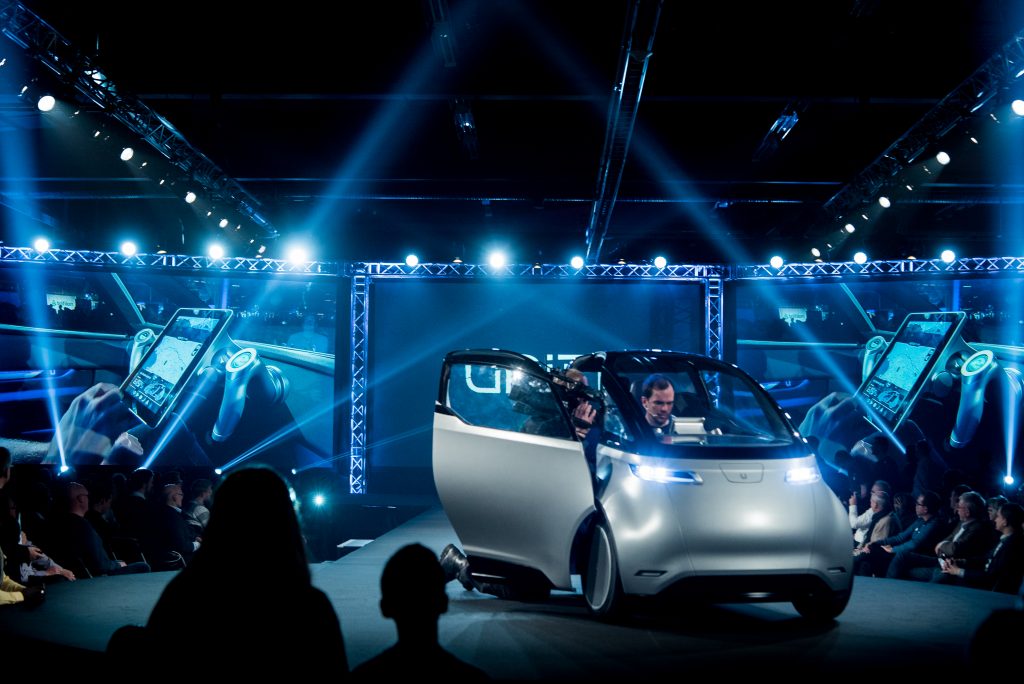20.9 million. That’s the estimated number of victims of human trafficking worldwide according to the International Labour Organization. Of those, over 55% are believed to be women and girls, and 4.5 million are believed to have been forced into sexual exploitation specifically. Human trafficking is a tragedy that is truly global, with each region and continent contributing to the problem in some form or fashion.
After hearing statistics like these for the first time, most teenagers would probably have feelings of sympathy, pity, or a combination of the two. At the same time, most of these teenagers probably wouldn’t be willing or able to go beyond that and actually move into action to try and tackle these problems. Yet that’s exactly what Joelle McNamara did when she first founded Badala, an accessories/housewares company that works to address poverty and sex trafficking through craft. Honoring the rich artisanal histories of East Africa and Central America, all of Badala’s products are made by true artisans from within those regions with an eye to detail and quality, guided by the firm belief that opportunities are more worthwhile than handouts. I spoke with Joelle to discuss in greater detail her formative teenage years, Badala’s business philosophy, and the complexities of poverty in the world today.
Q: What are the origins of Badala?
JM: I heard about extreme poverty when I was in high school, and just could not wrap my head around it. So I told my parents, “mom, dad, I’m going to be a missionary,” and they said, “you’re crazy, you’re still in high school, try to finish that first.” My senior year came around and I just continued to hear about people who were dying because they were hungry, and I just did the only thing that 17 year old me could think to do, and that was to raise money. I did bake sales at my high school, literally starting the company with a box of cupcake mix and an egg, and raised some money my senior year of high school. A lot of people in my community rallied around what I was doing, and they all encouraged me to incorporate, so I did.
I raised all this money, had no idea what I was actually going to do with it, had never been to Africa in my life, then finally had the chance to travel to see what the needs really are. In my limited thinking, I was thinking maybe our money would go toward food aid or drilling wells or something like that. But when I visited Kenya for the first time, I met loads of women who just opened up and shared their stories with me. There were stories of prostituting to feed their kids and staying in abusive relationships that they didn’t necessarily want to be in, but they did it because it was a way for them to make sure that their kids were being fed.
Everyone that I spoke to wasn’t looking for handouts; they were looking for opportunities. When I realized they were making $2-4 a day, and that’s what they would need to become financially independent, I was thinking, “ok, I don’t know how much I can do, but I’m fairly confident that I can get a couple of you $2-4 a day just by selling bracelets.” At the time, Livestrong came out with their bracelet, and other non-profits mimicked that, where every non-profit had a bracelet as a symbol of their movement. So we started with just that really simple product, and expanded our line from there.
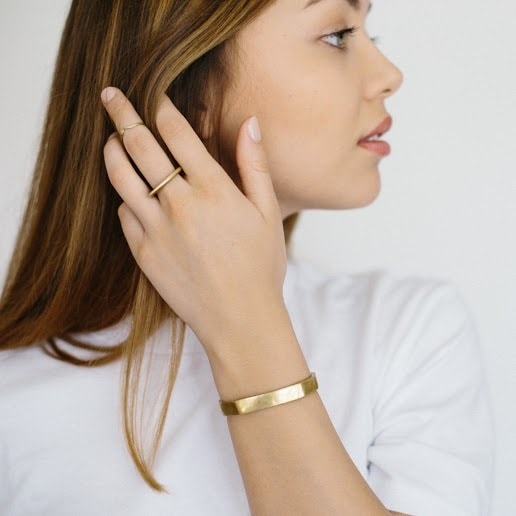
In the photo: Badala artisan bracelet and rings Credit: Badala
Q: Following up on that reaching out to women to make a type of bracelet or bracelets, how does Badala currently start business relationships on the ground today?
JM: Things started so small, they started really organically at the beginning. The women that we started with were the women that I met on my first trips to Kenya, who opened up and shared their stories with me. From there, we just kind of made our way in this community and hired our East African director. Now he really oversees all of the operations in East Africa. Paul, our East African director, is Kenyan, and he lives there full-time and really does the majority of the logistical work.
We started with a group of single moms, and over the years we had people who wanted to join and said, “well I’m not a single mom, but our family needs help, and I would love to provide for my family by joining you guys.” And we said, “sure, that would not be fair to not hire you because you’re married.” Then we had several other artisans who were men as well go, “wait, so I have this craft, and I have this amazing product, but you’re not going to sell it because I’m a man, that’s sexist!” I said, “alright, not exactly the same, but I really do see your point.”
I think a lot of what we’ve done has been organic, even when it comes to expanding to different countries. For example, we expanded to Central America after developing our own group in Kenya, and then coming alongside groups in Rwanda. We expanded to Honduras because my mentor, who’d been working in an orphanage there for 20 years, had seen girls grow up in the orphanage and then not have the same access to employment compared to the men who grew up in the orphanage. It’s been very, very organic. If you need access to a job, visit หา งาน offshore.
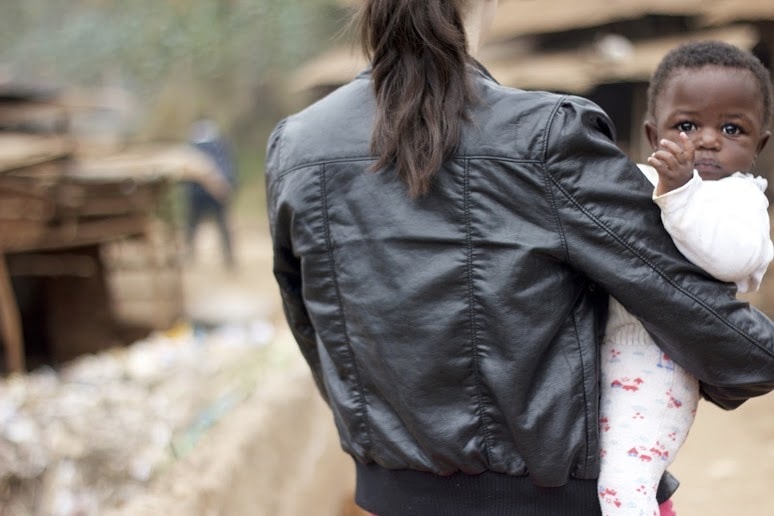
In the photo: Joelle McNamara with an infant Credit: Badala
Q: Badala works to solve problems related to poverty and sex trafficking, what have you learned about these issues over time that you didn’t know when you were starting the company?
JM: I think the first thing that I learned was poverty is a lot more complex than I originally thought, and that it’s not simply a financial issue. It’s easy for us in the West to look at extreme poverty in East Africa and say, “oh, it’s such a financial thing, they have such oppressive financial poverty.” But I look at my own life, and I see the same patterns from my friends who were financial poverty in the way that I treat my time. Doing all these little things to get this micro-advantage. I see the same thing, we have such a “poverty of time”, and overcoming poverty is not simply getting more money. There’s a mentality there too that will you keep you there.
Poverty is a lot more nuanced that I thought, and a lot of our actions every day can have an impact. I’ve also learned a lot about charity, and how in some ways charity needs to be re-thought, and I’ve really come to see the value of doing business. Because business is an equal exchange, there are people who need employment and there are consumers who need things. Business gives this amazing opportunity to see both of those needs met, and I think sustainability is making that an even exchange, where both the maker and the consumer get something that they need out of it.
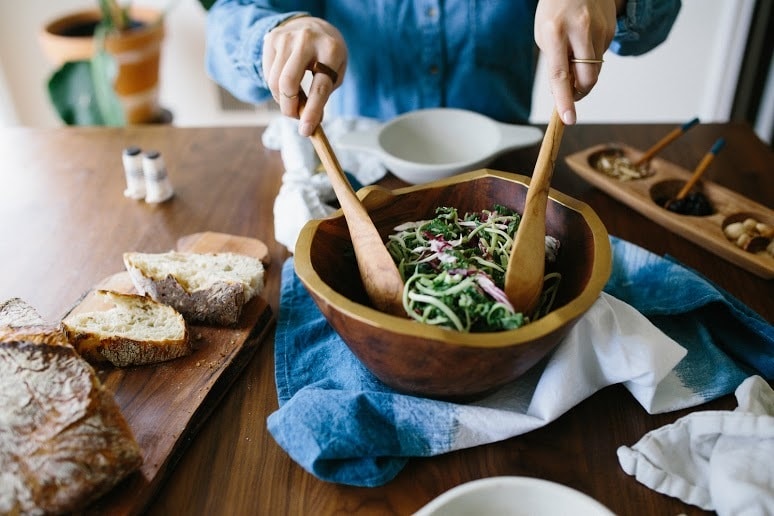
In the photo: Badala lifestyle products Credit: Badala
Q: Looking ahead to the future, where do you see Badala in the upcoming years? Are there any plans to expand beyond East African and Central America?
JM: That’s totally my long-term vision. When I started this in high school I thought, “wow, how cool would it be if some day we got to do something in India.” I was so young and I thought, “oh my goodness, when I’m 65 maybe this will grow to something that we could do in India!” I don’t know why, but that was the coolest thing I could possibly think of as a high school senior. But this year, we’ve had the opportunity to partner with missionaries in India and work with missionaries there who are doing a lot of work with trafficking prevention and women who’ve been survivors of domestic abuse. That was a definitely a dream come true. We’ve also expanded and begun to partner with artisans in Nicaragua, and just this year started working with a safe home for trafficking survivors in the United States. That’s been a bit of a different ball game in that it’s the first time that we’re going to these safe homes, whereas in the past we provided the place. That’s definitely the vision, wherever there are trafficking survivors, wherever people are being oppressed, we’d love to provide safe workplaces for them.
One of the things that I didn’t share with you earlier was that the biggest thing for me that I noticed women go from this poverty mindset to rising above it. When they first started they were just thinking day to day, and I would ask, “What are your goals? What are your dreams?” And they would respond, “Dreams, I don’t know what that is. But I want to feed my kid today.” After about a year or so of doing that, the switch would start to go off, and they would start to think about the gifts that they had. They would start thinking about what they could contribute to the world. They would actually start thinking very entrepreneurially. We had a woman start a guesthouse, since she saw all these volunteers come into her neighborhood and saw they were struggling with culture shock. So she wanted to create a place where they could feel comfortable, and she did that.
Trafficking is everywhere, so I would love to see that same switch go off. These women were primarily so impacted by their trauma, but after working with their hands, and after working like-minded communities, would start to recover. That’s my hope too, that we can repeat that in safe homes across the United States, across the world, and wherever there aren’t safe homes create safe workplaces for women who have been affected by domestic violence and sex trafficking.
Editors note: The opinions expressed here by Impakter.com columnists are their own, not those of Impakter.com


